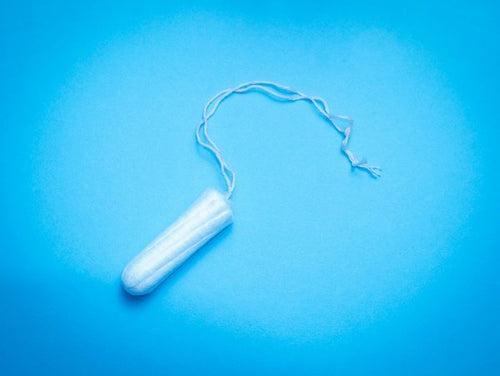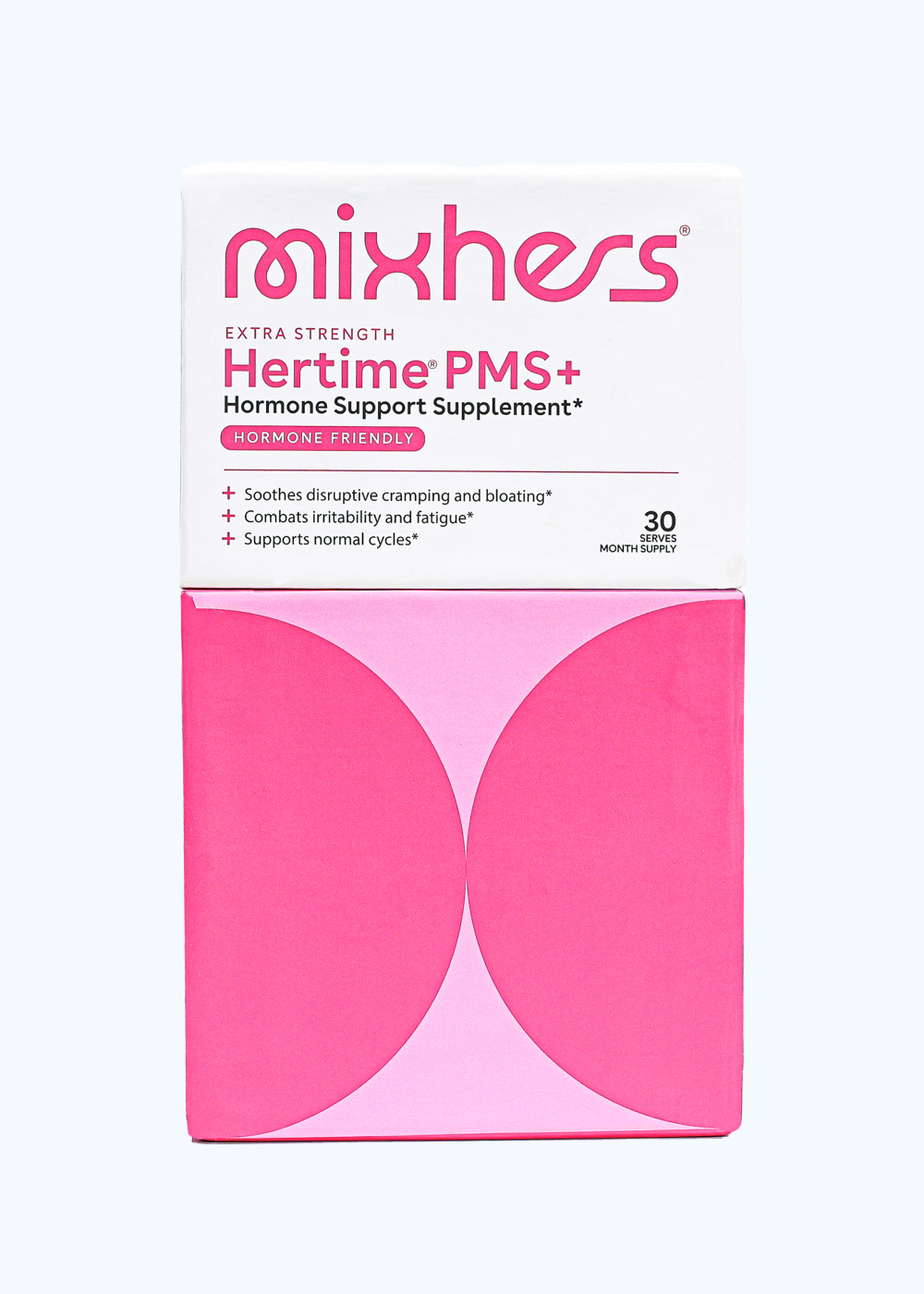So what happens next if you discover you have a problem with your hormones? Is there anything you can do to balance them? Of course there is! The great thing about the human body is that it gives us warning signs when something is wrong. It does this so we can take action to fix the underlying problem.
We’ve already mentioned HRT, which involves taking synthetic hormones to help replace the hormones your body loses during menopause. This treatment is specifically intended to help women during and after menopause, so it’s not typically recommended for younger women dealing with hormone imbalance symptoms.
Even for women who have reached menopause, HRT is associated with some pretty significant risks (which we mentioned above). Some women take it anyway because they don’t think they have any other viable ways to balance their hormones.
The excellent news is that there are natural ways to balance the hormones without increasing your risk of cancer, heart disease, or other dangerous health conditions. Here are a few lifestyle changes to help balance your hormones without putting your life at risk.
Eat a healthy diet. It sounds simplistic, but eating a healthy, well-balanced diet can help balance your hormones naturally. It’s especially important to consume healthy fats (such as those found in pure MCT oil, coconut oil, and fatty fish) and soluble fiber (found in apples, dried beans, citrus fruits, potatoes, strawberries, and oats). We should also eat plenty of green vegetables and lean proteins to keep our hormone levels in check.
Lose weight. Many women experience hormone imbalance symptoms when they gain too much weight. Research shows that reducing body weight by 10% may help bring hormones into balance and improve the regularity of menstrual periods.
Exercise regularly. Getting out for a walk or hitting the gym every day may help regulate hormones. According to one study, even short periods of exercise are better than nothing and can help keep certain hormones well balanced.
Avoid sugary, processed foods. Did you know that eating too much sugar can impact the production of the hormone insulin? It doesn’t seem to matter what kind of sugar we eat, either. Most types cause a similar insulin response and should be avoided if we want to maintain hormone balance in our bodies.
Show stress the door. So many of us ladies deal with excess stress levels. This is terrible for our overall health and can cause our hormones to go haywire. If you have any doubt about how detrimental stress can be to your health, check out this 2017 study which shows a solid link between stress and the hormones cortisol and adrenaline. We don’t want these two hormones to spike because when they’re out of balance, we’re more likely to experience mood changes, obesity, and cardiovascular problems.
Quit smoking. We already know smoking is bad for our health, right ladies? But some of us may not realize that our frequent smoke breaks may also be altering our pituitary, thyroid hormone, and steroid hormones. Add that to your long list of reasons to quit smoking today. You can do it, girl!
Go easy on dairy products. Many people love dairy products (ice cream, anyone?), but for those of us who may be dealing with hormonal imbalances, dairy could be our kryptonite. Though further research is needed, there appears to be a link between certain dairy products (such as yogurt and cream) and reproductive hormone levels. So if you’re actively trying to grow your family, but you’re struggling with fertility issues, you may want to cut out most dairy products temporarily.
Take Vitamin B12. You may know that vitamin B12 is important for the proper function of your blood cells, nerves, and brain, but did you know it may help balance your hormones too? There is mounting evidence to connect hormone imbalance symptoms with a vitamin B12 deficiency. So if you want to get your hormones in line, consider taking a multivitamin that contains Vitamin B12, such as Hermulti.
Supplement with herbs. Mother Nature is pretty brilliant. She’s the ultimate provider of safe and natural ingredients for the female body. Supplements such as Hertime Daily are ideal for women with hormone imbalance symptoms because they contain ingredients known to assist with optimal hormone production and regulation.
To give you a little more detail about Hertime Daily, it’s a supplement specifically formulated for women dealing with unpleasant symptoms of hormone imbalance. You’ll find dong quai, white peony root, Siberian ginseng, and Chinese licorice in this delicious formula.
These ingredients work together to help minimize menstrual pain, enhance progesterone production, balance sex hormones and boost energy. Many women experience an improvement in their menstrual symptoms after drinking this delicious hormone-balancing product every day for at least 30 days. If you’re tired of feeling off-balance, give this carefully crafted formula a try for a few weeks and see how your body responds.












